Alloy steel vs stainless steel
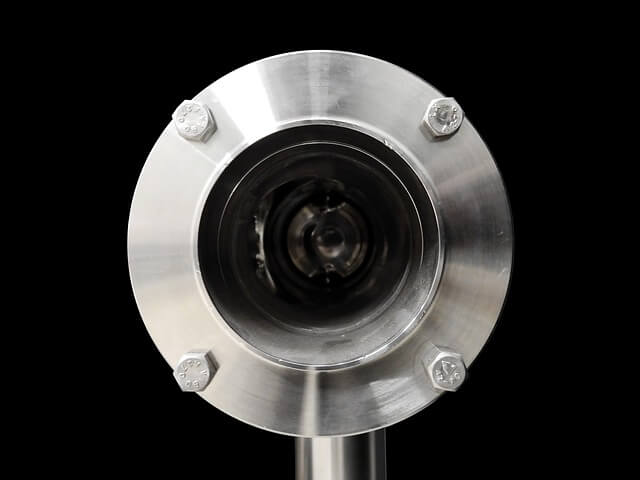
Introduction to Alloy and Stainless Steels Alloys are a blend of metals where the main component is enhanced by additional elements to improve its properties. The distinction between alloy steel and stainless steel is fundamental in engineering and manufacturing industries, as both types possess distinct characteristics that make them suitable for different applications. Alloy steel […]
Material properties of delrin
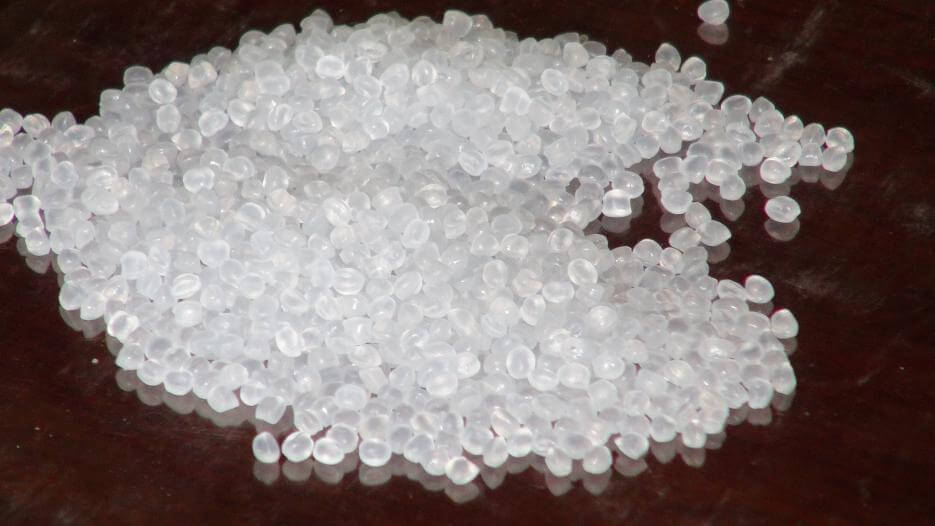
Introduction to Delrin Delrin, a trademark of DuPont, is a crystalline plastic known for its high tensile strength, stiffness, and enhanced dimensional stability. A type of acetal resin or polyoxymethylene (POM), Delrin boasts low friction and excellent wear resistance under wet conditions. Its properties make it ideal for gears, bushings, and small moving parts in […]
The use of plastics in food processing machinery
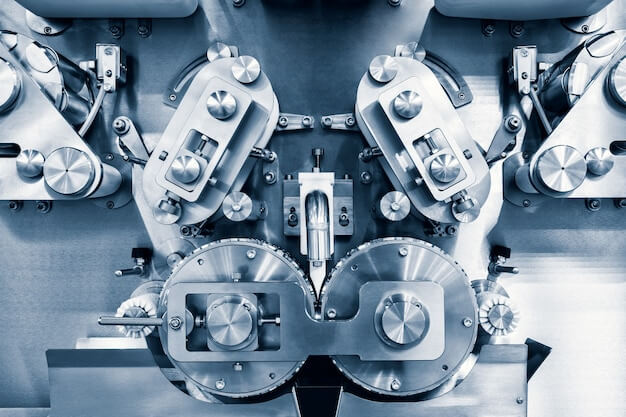
Introduction to Plastics in Food Processing Machinery The incorporation of plastics into food processing machinery plays a pivotal role in the modern food industry. These synthetic materials are employed for their versatility, durability, and cost-effectiveness, contributing significantly to the efficiency of production lines. Plastics offer numerous benefits including reduced weight, which eases the handling of […]
Polyester materials in aerospace
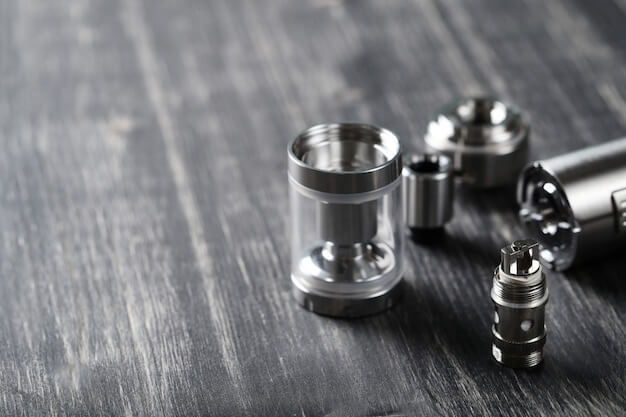
Introduction to Polyester in Aerospace Polyester is a category of polymers that primarily comprises compounds within the ester functional group. Its chemical composition often includes a mixture of organic units joined by ester links, with polyethylene terephthalate (PET) being one of the most common variants used in industry. Within the realm of aerospace, polyester finds […]
The role of polyester materials in engineering processes
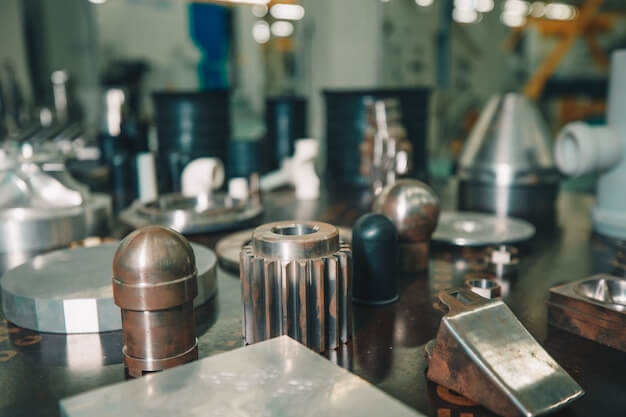
Introduction to Polyester Materials in Engineering Polyester materials play a crucial role in various engineering applications due to their versatility, durability, and resistance to many chemicals. As synthetic polymers, polyesters are formed through a chemical reaction known as polymerization, where ester groups are linked together to create long molecular chains. These materials exhibit important properties […]
What material is delrin
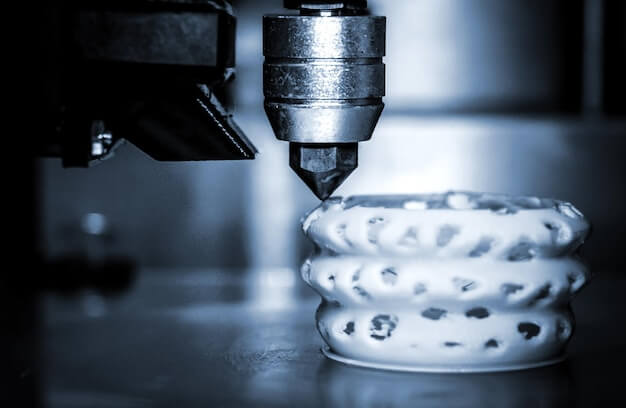
Introduction to Delrin Delrin, also known as Polyoxymethylene (POM), is an engineering thermoplastic commonly used in precision parts that require high stiffness, low friction, and excellent dimensional stability. Recognized for its durability, it serves as a metal substitute due to these desirable attributes. Delrin is widely utilized in applications like gears, bushings, bearings, electrical insulating […]
What Is Tack Welding? Understanding Its Purpose and Importance
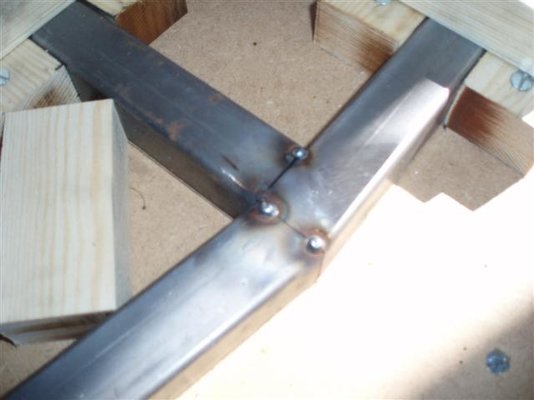
Introduction to Tack Welding Tack welding is a preliminary welding process wherein short, intermittent welds are used to hold metal components together before the final welding. This technique is akin to using basting stitches in sewing or temporary pins in woodworking; it maintains alignment and positioning during the construction phase. It’s particularly crucial when dealing […]
What’s Non-Ferrous Metal? In-Depth Overview

Introduction to Non-Ferrous Metals Non-ferrous metals are a broad category of metallic elements and alloys that do not contain iron in appreciable amounts. The absence of iron signifies that they are typically more resistant to corrosion and rust, which makes them ideally suited for applications where longevity and minimal maintenance are desirable. These metals are […]
PETG vs. PLA: Differences and Comparison
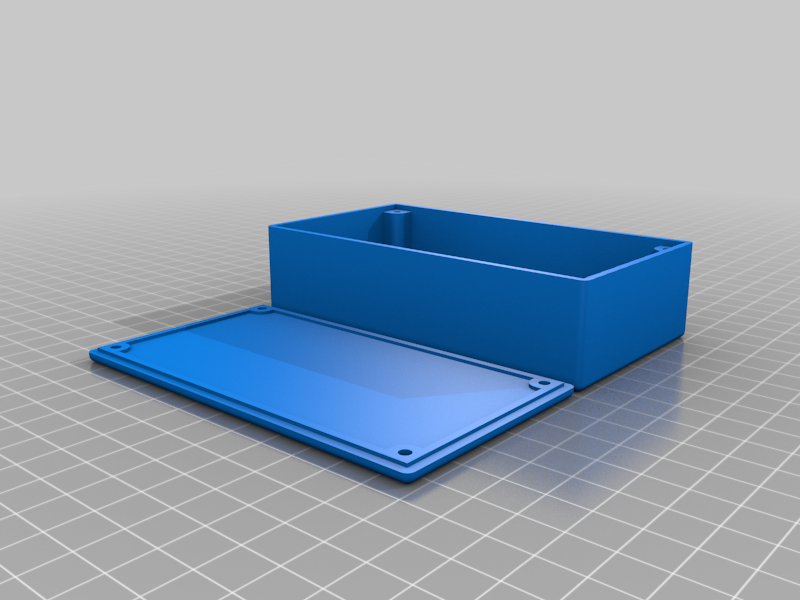
Introduction to 3D Printing Filaments: PETG and PLA At the heart of 3D printing technology lies an essential element known as filament, which is the thermoplastic feedstock for fused deposition modeling (FDM) printers. Amongst the plethora of materials available, two stand out for their popularity and versatility: Polyethylene Terephthalate Glycol-modified (PETG) and Polylactic Acid (PLA). […]
Alloy steel vs stainless steel
Introduction to Alloy Steel and Stainless Steel An alloy is a combination of metals or a metal mixed with one or more elements, engineered to enhance material properties such as strength, durability, corrosion resistance, and much more. These improved characteristics are pivotal in material science where the performance of materials under various conditions is paramount. […]
low alloy steel vs stainless steel

Introduction to Metal Alloys Metal alloys consist of a mixture of metals or a metal and another element, engineered to enhance certain properties such as strength, ductility, corrosion resistance, or conductivity. The selection of the right alloy plays a pivotal role across various industries—such as automotive, aerospace, construction, and medical equipment—because it directly impacts the […]
Know Your Materials: Delrin

Introduction to Delrin Delrin, Polyoxymethylene (POM), known for its high tensile strength and durability, stands out in the realm of thermoplastics. Its molecular structure showcases a series of -CH2O- units, deriving from its formaldehyde polymer base. As an engineering plastic, Delrin is prized for resilience; resistance to friction, wear, and moisture adds to its unique […]

